Resistance
Resistance is the inherent human tendency to oppose alterations, challenges, or opportunities that might lead to growth. This resistance can manifest in various ways and be triggered by fear of failure, self-doubt, or a familiarity with the current situation. While it's easier to maintain the status quo and avoid new challenges, doing so may prevent us from realizing our ambitions and living authentically.
Resistance should not be viewed as a hurdle but as a motivational force. It is crucial to recognize its existence and purpose—it compels us to prioritize in life, take risks, and challenge ourselves to realize our goals. Instead of viewing resistance negatively, perceive it as a chance for growth.
It plays a pivotal role in the quest for meaning and understanding. It manifests as an internal or external challenge to our efforts and aspirations, often appearing as obstacles, doubts, or conflict. This resistance, while initially appearing as a hindrance, can become a profound teacher, guiding us toward deeper self-awareness and growth.
Resistance forces us to confront our limitations and question our motivations. It acts as a mirror, reflecting our deepest fears, insecurities, and desires. This confrontation with our inner landscape can lead to greater clarity about our values and goals, fostering a deeper understanding of ourselves and our purpose.
Resistance is the psychological immune system that protects our established patterns of thought and behavior. It's not merely stubbornness or fear of change, but a complex mechanism designed to maintain our psychological equilibrium. This internal safeguard kicks in when we encounter ideas or opportunities that challenge our current worldview or way of life, creating a sense of discomfort or reluctance that can be difficult to overcome.
We often view resistance as an obstacle to growth, but it serves a vital function in our psychological ecosystem. It prevents us from being swayed by every new idea or impulse, providing stability and continuity to our sense of self. However, when overly rigid, this same protective mechanism can trap us in outdated patterns and limit our potential for growth and adaptation.
The implications of recognizing and working with our resistance are profound. In personal growth, acknowledging resistance as a natural part of the change process can help us approach self-improvement with more compassion and patience. Understanding the protective nature of resistance can lead to more effective strategies that work with, rather than against, our innate defenses. As we learn to navigate our own resistance skillfully, we may find ourselves more capable of embracing necessary changes while maintaining a stable sense of self, leading to more balanced and sustainable growth.
